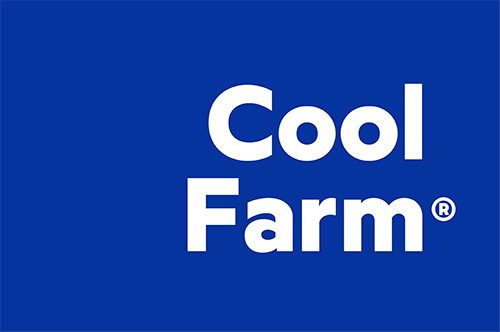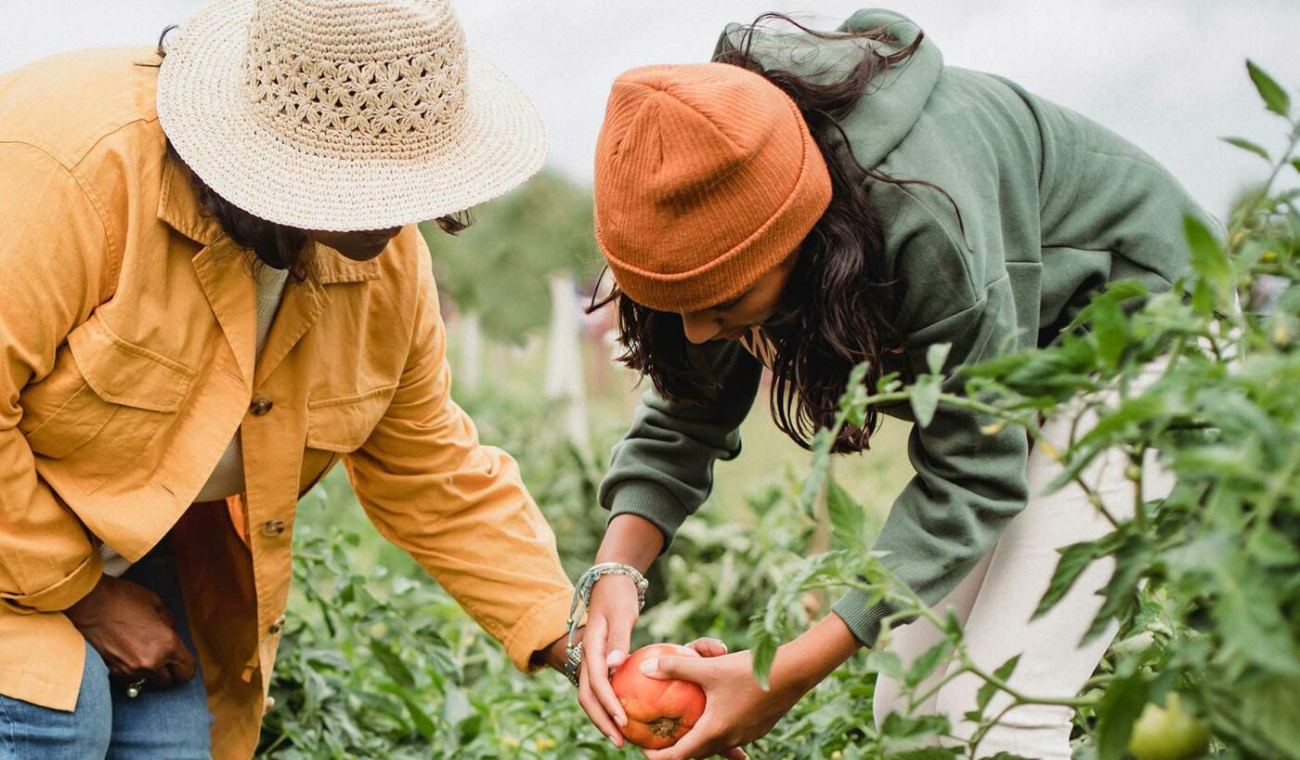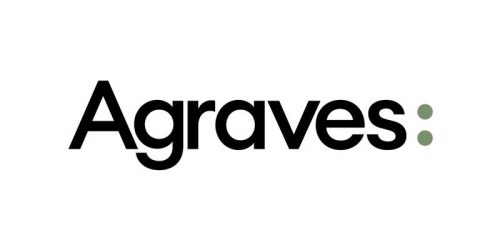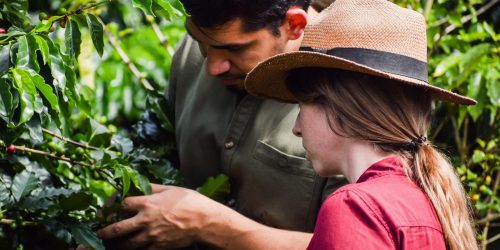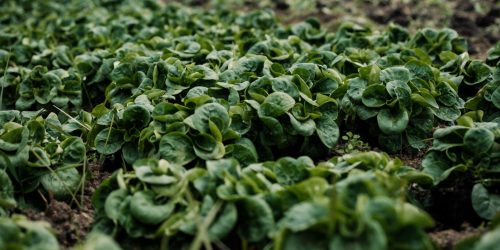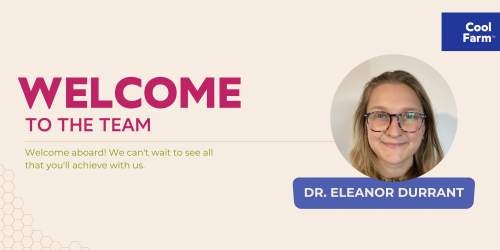Traditionally procurement relationships however, have been focused on volumes and specifications. Designing initiatives that meet farmers’ needs as a priority and are context sensitive while helping companies deliver on their targets involves breaking through silos and establishing new stakeholder relationships.
The entry points to a “Regenerative Agriculture Program” for farmers on the one hand and companies that are dependent on agricultural ingredients on the other, can be different even as the agricultural solutions can be the same. Finding out what the pain points are for farmers and how regenerative ag approaches can address these pain points provides a springboard for co-creation.
The third webinar in Cool Farm Alliance and SAI Platform‘s Regen Reflections webinar series was a rare chance to address this key topic. Presenters brought participants through a deep dive into soil biology and corporate-farmer relationship building. The call featured case studies from both large and smallholder faming contexts, and one of the unexpected benefits was recognizing commonalities between these different contexts when it comes to transitioning supply chains to regenerative agriculture.
A theory of change come to life
Kelly Rincon of Sustainable Food Lab brought the organization’s Theory of Change for on-farm practices to life with the North Dakota Trusted Advisors Program. This program embodies the three-legged stool of Financial drivers, Technical/agronomic support and Cultural acceptance. In this pioneering program, a cluster of companies that all buy from the region (Pepsico, General Mills, Hershey, King Arthur Baking) share the costs of providing incentive payments to farmers and supporting agronomic soil health capacity building.
The multi-stakeholder partnership pools public and private funding to train trusted crop advisors in soil building practices while providing the trusted advisors with a community of peers. This program used focus groups as a starting point and stays close to farmers through regular check points and feedback session with farmers, certified crop advisors and other stakeholders. The program builds trust by getting company partners out in the field with farmers and crop advisors annually.
A north star: with biology, soil and plants can regulate themselves.
Harold Perry of PERRY FAMILY FARMS LLC supplying potatoes to McCain Foods, PepsiCo and others shared success stores of regenerative agriculture. With close-up and microscopic pictures of the root zones of plants and insects, Harold explained how soil biology and plant biology can interact synergistically, needing less intervention from humans. “It is a simpler system if you can make it work,” this provides a north star for what partnerships between corporates and farmers can achieve. This type of farming has made possible some significant accomplishment:
- Perry Farm is now able to grow certain varieties of potatoes without fungicides or insecticides
- Flower strips and native grass mixes on the margins have helped them successfully manage potato beetles in certain fields.
- Another regenerative farmer was able to reduce his irrigation from 12 inches of water per year to 4.
Complementing this, Niek Engbers van Keulen shared McCain Foods’s ambition to source 100 percent of potatoes from regenerative farms and described the company’s close collaboration with growers driven by their motivation to restore soils. He also described McCain’s “farms of the future” where they trial practices to help growers with the learning process and DNA soil barcoding. This is an innovative practice to measure soil micro-biological diversity and learn about correlations between practices, microorganisms and performance
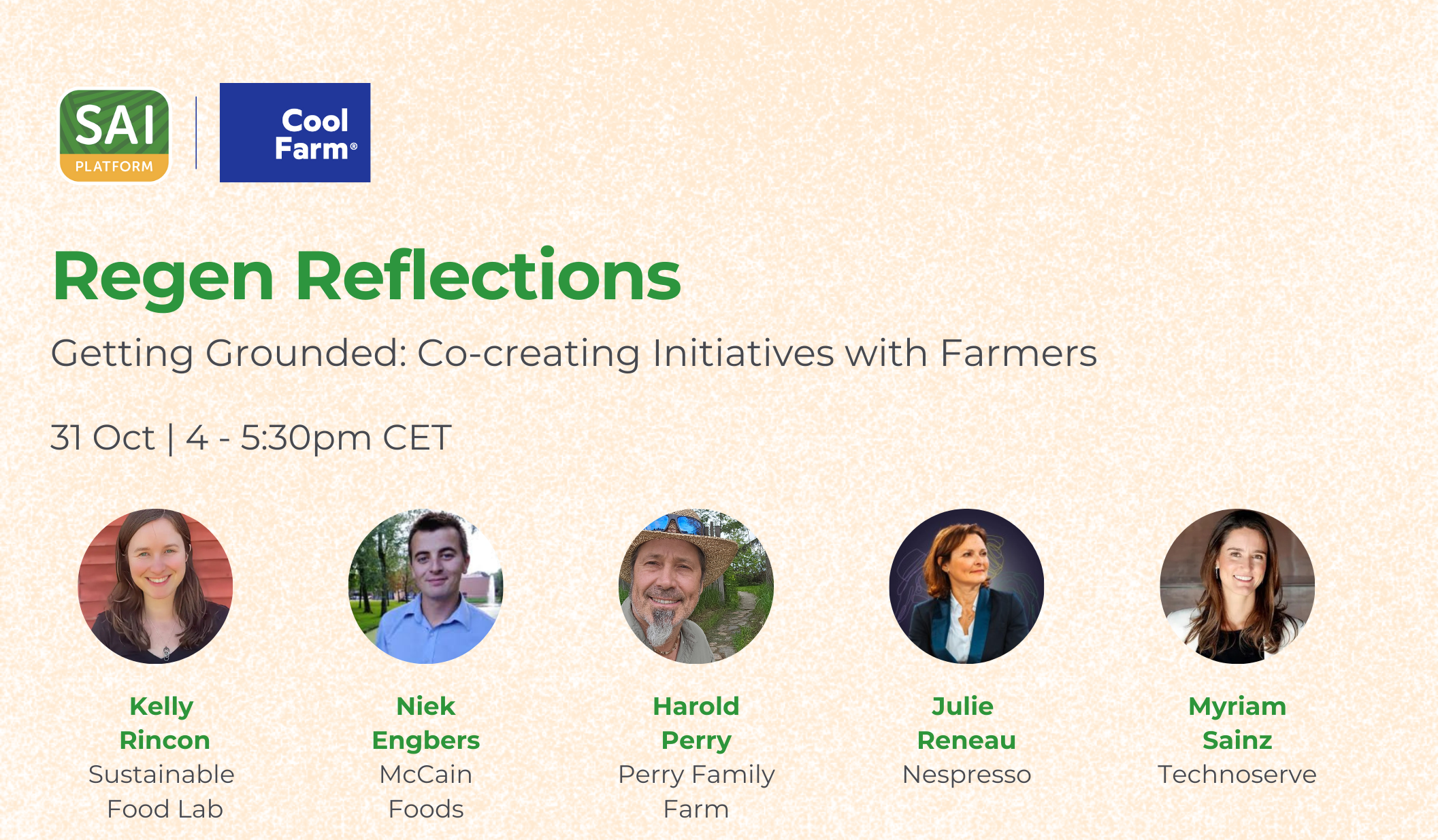
Co-design and trusted relationships go far
Julie Reneau of Nestlé Nespresso SA and Myriam Sainz Stuyck of TechnoServe described the 20-year old AAA program that reaches 155k farmers of whom 90 percent are smallholders. Julie described how the company’s 650 field agronomists work with the farmers on improved practices which help farmers receive a premium reward for their efforts. As a partner in the project, Technoserv builds the business case for farmers by charting the regenerative transition curve, modeling year-by-year costs and productivity to show the size of the payoff and how long it will take.
Week-long farm co-design workshops with farmers, suppliers, technical experts and commercial as well as sustainability teams, are an essential element. Nespresso has seen a shift in mindsets in farming communities. One of the innovative farmers who started the transition to regenerative coffee farming on her own eight years go found her neighbours thinking she was crazy. Now the neighbours see her as visionary.
Building trust and taping the wisdom and value of a co-creation approach have been emerging themes throughout the series. Regenerative agriculture doesn’t happen in supply chains, it happens on the land – this compels working across silos. Luckily examples of doing this successfully are emerging and becoming more prevalent. These are the types of programs that in combination with quantification tools like the Cool Farm Tool can chart the path to a liveable future.
The next session in the Regen Reflections webinar series will focus on the results that can be achieved using approaches. Members are invited to register new for “Getting Results.”
